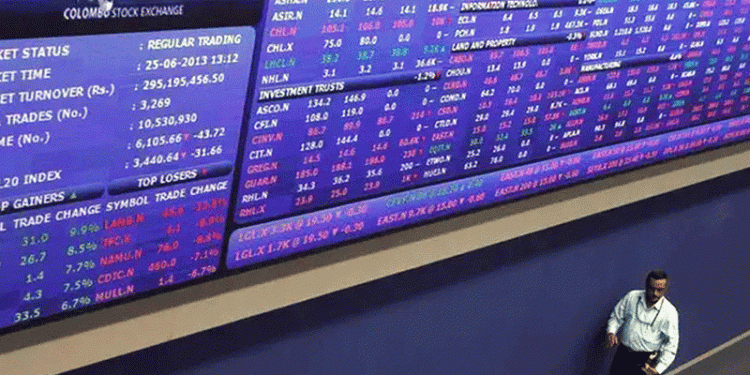TOKYO/SYDNEY: Asian shares shrugged off a lacklustre start and pushed higher, while the dollar edged up as investors priced in more U.S. rate hikes after upbeat economic data.
MSCI’s broadest index of Asia-Pacific shares outside Japan added 0.6 percent.
Australian stocks added 0.3 percent, with sentiment helped by data showing the country’s jobless rate dipped to 5.4 percent in October, its lowest since early 2013.
Japan’s Nikkei reversed early losses and surged 1.5 percent as investors hunted for bargains after a six-day losing streak
EMini futures for the S&P 500 added 0.2 percent after major indexes dropped on Wall Street overnight, with the S&P 500 energy sector suffering a four-day decline of 4 percent, its weakest such period in 14 months.
Investor concern over the progress of a massive U.S. tax reform plan showed no sign of abating as two Republican lawmakers on Wednesday criticised the Senate’s latest proposal.
“If we look at what the markets are focusing on, it’s still very much the tax cut debates in the U.S., and how much progress there’s going to be on this front,” said Mitul Kotecha, head of Asia macro strategy for Barclays in Singapore.
“Clearly, there’s some way to go before any deal is on the table, and I think markets perhaps may have reassessed some bullish expectations, and hence some of the dollar weakness yesterday, and probably the fact that the dollar has been unable to make up much lost ground today,” Kotecha said.
The dollar index, which tracks the greenback against a basket of six major rivals, inched up 0.1 percent at 93.893 as the euro edged down 0.1 percent to $1.1779, retreating from a one-month top of $1.1860 on Wednesday.
Against its Japanese counterpart, the dollar gained 0.2 percent to 113.05 yen after it sunk as deep as 112.47 overnight. But it remained well shy of its eight-month high of 114.735 hit last week as Japanese stocks pushed to multi-decade highs.
Doubts that the latest round of talks to overhaul the North American Free Trade Agreement would make much headway in the face of tough U.S. demands saw Mexico’s peso sink to an eight-month low on Wednesday, though it steadied in Asian trade.
Mostly upbeat economic news added to expectations that the Federal Reserve would not only hike in December, which is now almost fully priced in, but multiple times next year as well.
Core U.S. inflation edged higher and retail sales beat forecasts in a positive sign for growth.
The rate outlook could push the two-year Treasury yields up further from its nine-year peaks, after the yield curve hit its flattest in a decade.
Investors also suspect this tightening will slow the U.S. economy and stop inflation ever getting to the Fed’s 2 percent target, pulling down longer-term yields. As a result the gap between two- and 10-year yield has shrunk to its thinnest premium since late 2007.
“Whether it is the flattest yield curve in a decade, and what that has historically signalled for future growth, the recent troubles in high-yielding credit or lingering geopolitical tensions, it is not entirely clear what has markets spooked,” ANZ analysts wrote in a note.
In commodity markets, gold edged down 0.1 percent to $1,277.81 an ounce. It reached $1,289.09 overnight, its highest since Oct. 20.
Oil prices gained despite pressure after the U.S. government reported an unexpected increase in crude and gasoline stockpiles. They had lost ground to this week’s International Energy Agency (IEA) outlook for slower growth in global crude demand.
U.S. crude added 3 cents to $55.36 a barrel. Brent crude futures were 11 cents higher at $61.98.
Source: Brecorder.com


























